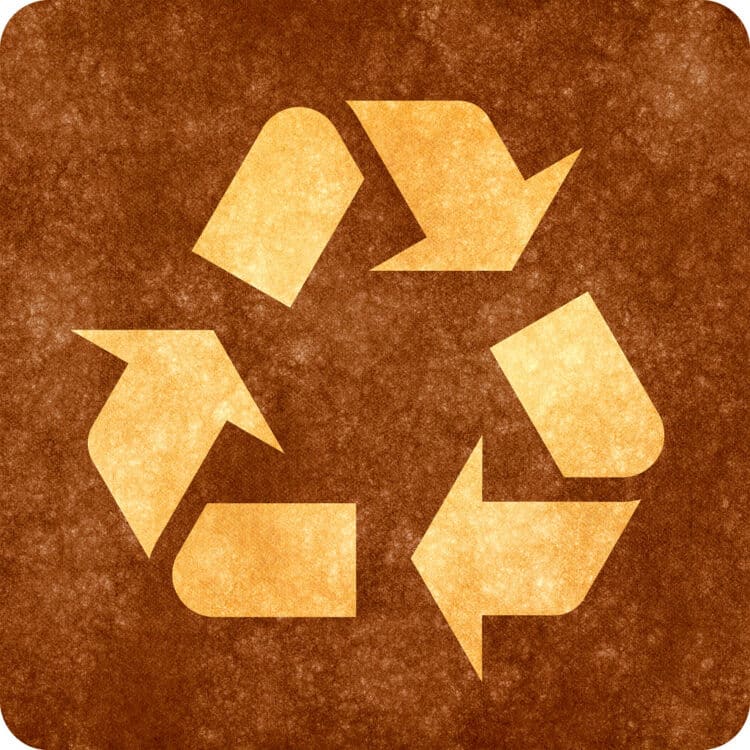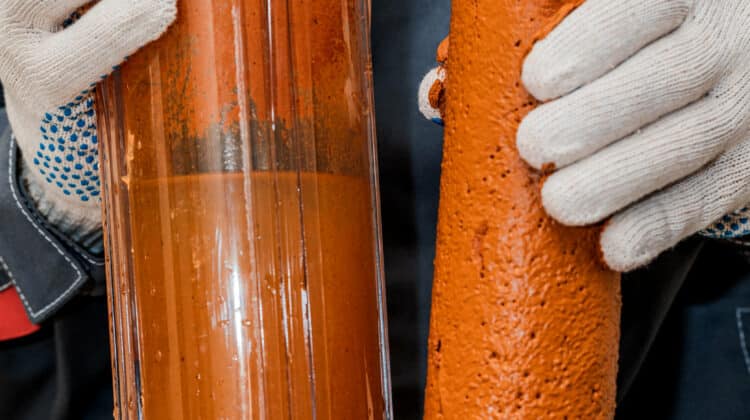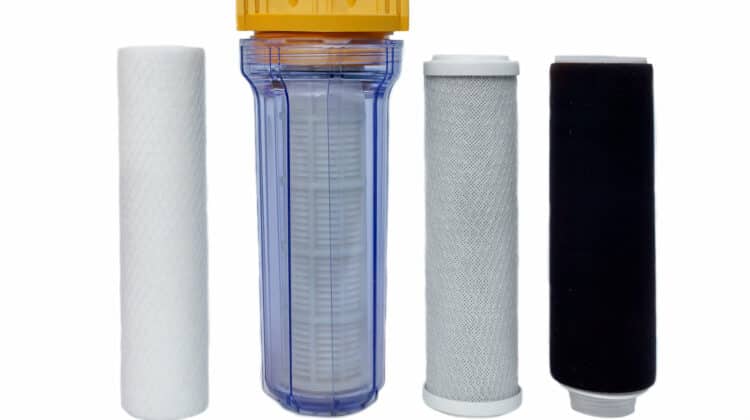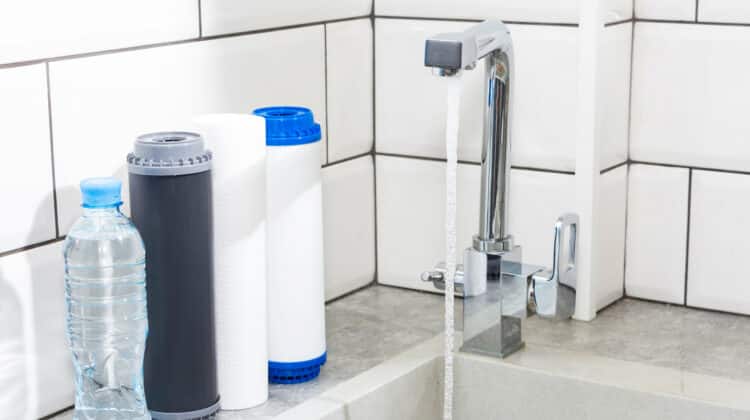
Are you wondering how to dispose of water filters in your home? You have noticed that they’ve been unaltered for a time, but you can’t tell if it’s too old or not.
As you already know, water filters are an essential accessory in your household. Since you undoubtedly care about the health and welfare of your family, you want to give them the most potable water there is.
And to acquire that, you need to have an effective water purifying system in your home and further cleanse your tap. Even though it is relatively safe to drink, but you want an additional layer of protection to remove contaminants that may still be present.
So you’ve purchased a home-based water filtration system to get rid of said contaminants. But the problem is, you don’t know when and how to change it.
You want to know the most proficient water filter disposal there is, which you can adapt in your home.
Or how to how to reuse water filters, or if there are ways to recycle water filters. But the question is, can you recycle water filters?
Table of Contents
How to dispose of water filters and tell if it’s too old
Before you begin learning about the recycled water filtration system or what to do with used water filters, you should know if your current one is too old for usage.
Most filter types need to be substituted frequently, but you should first know if your own is one of those replaceable filter cartridges or not. Like with the refrigerator system, wherein the jug can still be utilized if a new cartridge is attached.
An average lifecycle of a typical filter will last about six to twelve months, which will be dependent on its type and design. Your tap water will also play a crucial role in determining its longevity.
If your tap has a high level of impurities, you should replace it more often than six to twelve months.
Various filter types for different purposes
There are many forms of water filters available for home use. The most prevalent is the kind that takes up the form of water pitchers.
Or there are under-the-sink and over-the-counter types that you can draw water from. These are mostly utilized for homes that have deadly contaminants like arsenic in their water supply.
Adventurers and backpackers that travel in different countries tend to bring portable water filters with them. So they can ingest any water in any place without getting sick.
If you have a fridge that has an ice and water dispenser in its doorway, there’s usually a water filter attached. There are many others that you can choose from that will suit your particular needs.
Here are others that are the most common, which people know and have for themselves:
ACB or Activated Carbon Block
This type is made up of carbon powder that a binding agent holds together and enables it to remain static. It is effective in getting rid of the taste and smell of chlorine in the water. And along with chemicals and pollutants.
Distillation
This method has been utilized since ancient times. It is not as famous and used widely as reverse osmosis or activated carbon, yet it is effective in filtering out pollutants.
It works by heating and evaporating the water using electricity, up until it boils. The steam is trapped and condensed into pure distilled H2O.
It is utilized for industrial purposes since this process only produces a small amount of distilled water. It also takes a long time to make it.
Reverse osmosis
The reverse osmosis process forces the water to go through semi-permeable filters. It gets rid of all the particles, chemicals, and contaminants that courses through it.
However, it also removes necessary materials that are good for a person’s health, like calcium and magnesium.
For this reason, many of these system types have a procedure of alkalization, which balances the water pH. It also returns the minerals removed beforehand.
Recycling water filters
A typical water filter has many parts: some are more recyclable than others. You have to know which component you can reuse and the ones you can throw in the trash bin.
If you throw every part of the filter away in the garbage can, you’re adding to pollution caused by plastics. However, if you dispose of it in the recycling bin, the other recyclable materials will be contaminated and cannot be recycled anymore.
Some filtering medium you cannot throw away anywhere. If you do throw it away, the pollutants collected by the filter will go back to the environment from which it came from in the first place.
Some components like charcoal or silver, should not be thrown in the garden, where it can cause pollution.
Where and how to recycle filters
Some water filter manufacturers have programs to recycle their products, and some don’t. Throwing them away should be your last option, and try to do these first:
- Check if you can find a water filter manufacturer’s customer service number on its labeling, or you can find it on the internet. And ask if they have a recycling program for their products.
- If they say yes, ask how and follow the instructions provided. They will usually tell you to leave it be and let it dry for a few days.
They may tell you the wrapping process so you can send it to them. Some filters include a pre-stamped envelope along with the purchase so you can mail the filters back to be recycled. - If they say no, ask about the kind of plastic utilized in the filter cover. Also, check on the coverage and look for a marking or a number that has three arrows surrounding it.
- If you have a local recycling plant, call them to ask about the kinds of plastics they take.
- If you know of a way to recycle it, do it yourself. Or if you don’t, then do the last option and throw it in the garbage.
Conclusion
It is your responsibility to dispose of your water filter with the proper means. You have the option of reusing the filtering mediums.
Some people have cleaned and used them again. However, you can’t be sure they are really clean and one-hundred percent free from any pollutants it was supposed to remove.





